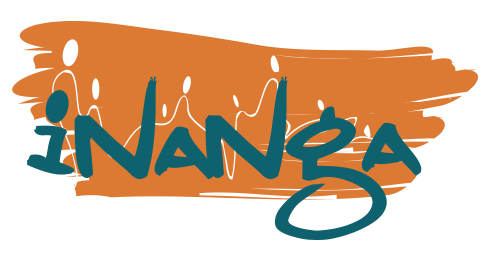"I am all about formality": A bottom-up analysis of local justice practices in two provinces of the DRC
Academic PaperMarcel Wetsh’okonda Koso, Ladislas de Coster, Janvier Koko Kirusha & Julien Moriceau Completed for the journal Conjonctures de l’Afrique centrale
Courts are widely criticised for being expensive, slow, complex, etc. For some decades now, the judicial system has been promoting other methods that are supposed to allow more flexible access to justice, such as mediation & conciliation. These methods of dispute resolution, which have existed for a long time and in all societies, are grouped together under the new name of alternative methods of dispute resolution. In sub-Saharan Africa, these methods have been used for many years and are being intensively promoted and appropriated by development aid actors. Among the arguments put forward to justify their development is the opportunity to rediscover the pre-colonial forms of justice that were established during colonisation and the first decades of independence.
The context of the Democratic Republic of Congo (DRC) seems conducive to the development of so-called alternative justice: the country is immense, the presence of judicial actors is limited, and so-called traditional justice practices have always been alive. This paper proposes a ‘bottom-up’ approach with local actors to grasp the reality of local justice practices in the DRC and the perceptions of these actors. The study adopted a cross-cutting approach by targeting two fields in remote areas of the country: the provinces of Kongo-Central and Kasai-Central. The aim is to understand the points of convergence and divergence of local practices, to identify common features. The key findings presented by this study consisted in:
1. Observing an unquestioned preference of the justice of the courts and tribunals, while local justice actors (such as the chiefs) are recognised by the state.
2. The term ‘informal justice’ does not correspond to the reality it is intended to describe, and seems to be dangerous, insofar as it refers to standard ideals that are more the result of denigrating representations than of a neutral and meticulous analysis of the reality of practices.
3. Courts and tribunals include many informal practices such as payment of fees and uncertainty, and thus the legislators who have favoured courts and tribunals over local justice appear to have had negative effects on the population’s access to justice.
To read the full article, you may access it here.




